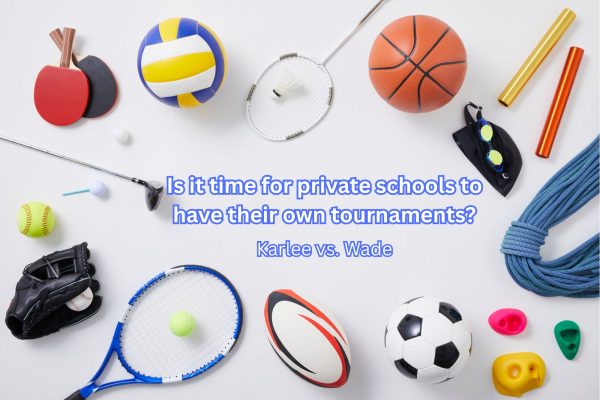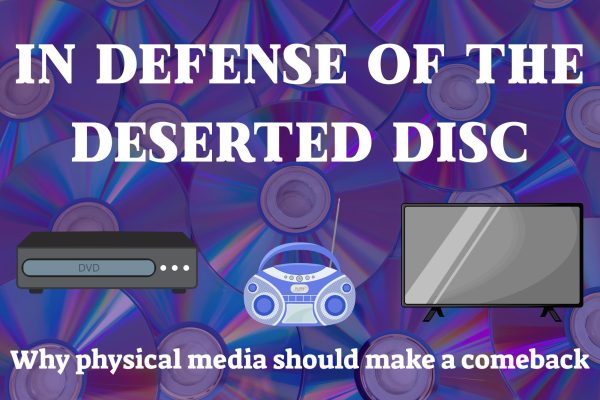Basic Skills are Needed for the Real World
When building a house, you have everything you need prepared in a tool box; why have an empty tool box when building your future?
Educators need guidelines in the area of curriculum, and there is something that we should be mandated to teach, but it continues to be overlooked – basic life skills.
English, math, and science are important areas for students to master, but self-management is also an important skill to learn before graduates head off into the world.
It’s time that schools recognize the importance of teaching these skills. We must do a better job of preparing our students for the future. We have to find the time in school schedules to teach self-management.
Our country can’t continue to parade students who lack these basic skills through graduation ceremonies. Seniors nowadays do exceptionally well academically, but tend to have no other experience in life.
Basic life skills such as filing taxes, writing checks, understanding credit and student loans, personal communication skills, digital etiquette, emotional awareness and intelligence, household repairs and maintenance, the basics of cooking, time management, survival skills and basic first aid should be taught to prepare students for real life.
Basic skills aren’t known by enough people. There are undergrads who can’t even sign their names because they have never learned cursive — only block print — as one example.
Too many clerks are baffled at how to make change without a register or calculator. Few seem able to read and then make critical decisions — such as realizing the difference between real news and “fake news.”
The list goes on.
In education, we feed kids twice a day, look after their health, help them get into college, provide extracurricular opportunities, discipline them, test them, and then test them some more. Surely, we have time to teach self-management. We have to do this for the good of society.
Those who decide education standards completely overlook the fact that students will go to college academically equipped but far from socially, financially and emotionally equipped to handle the real-life challenges of adult life.
Until we have strong foundations of social, mental and practical skills, we can’t logically be expected to enter adulthood and make the difference we have the potential to make.

Lauren Brinegar is a Senior and second-year Smoke Signals member. She loves cows, the movie Steel Magnolias, and she is a member of the marching band and the treasurer of FFA.






